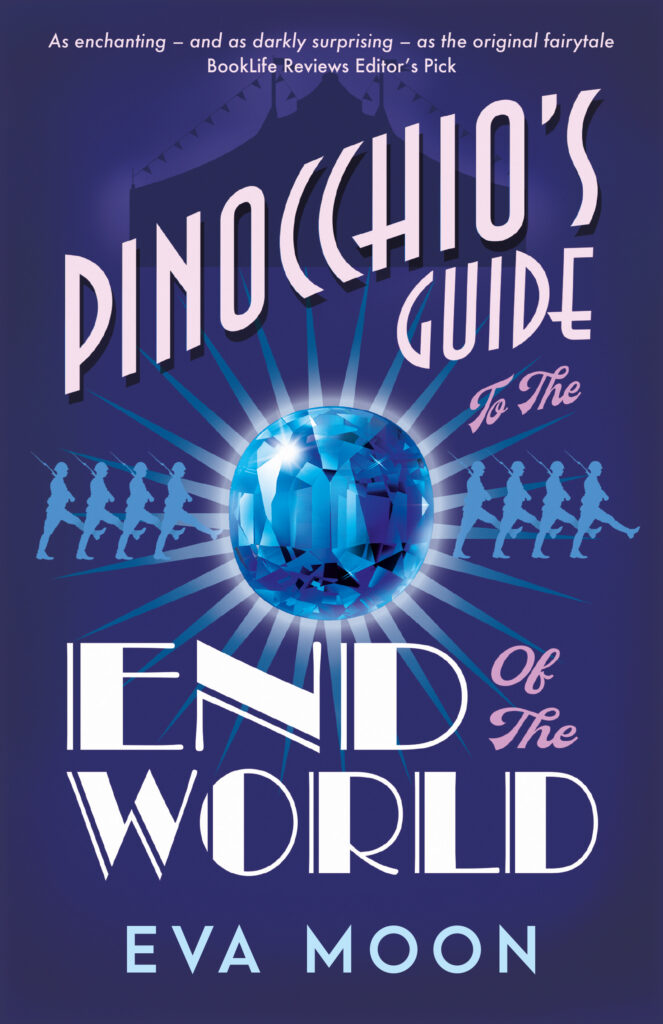I consider myself a fairly liberated, independent woman. I grew up with the pill and bra burnings. I am not defined by my appearance, completed by my relationship with a man or limited in my aspirations by my gender. I don’t consider myself a victim. And heaven help anyone who suggests my body or choices should be dictated by the government, society or even my doctor.
I have parts that have been jointly owned at times, at my discretion. I willingly sublet the downstairs apartment and the upstairs cantina to my two sons for the short time they needed it.
But when you’ve joined your life with a partner — enjoyed years of physical intimacy and pleasure, been there through disease, debility and diarrhea, become as settled in another’s skin as in your own — it gets harder to divide up the goods. History confers a level proprietorship.
I forget that sometimes.
When you’re faced with losing parts of your body, as I was when I had my preventive double mastectomy last year, it’s easy to turn inwards and get so caught up in your private journey that you lose sight of the fact that there are other people on the boat with you. Even now, more than a year later, I forget how profoundly devastating an experience it was and still is for my husband.
He’s been there on deck with me the whole way, bravely manning his post while I, Ahab-like, obsessed on my battle with the whale. But after decades of sharing storms and smooth seas with this man, it would be false to imagine that it wasn’t his battle — his breasts — too.
Some of you might be shocked at my implication that I would cede an owner’s stake of my body to someone else. Some might think him sexist for mourning the loss of my (our) breasts so much, as if they were his flesh or my life. But it’s not about control or ownership. It’s about grieving for a part of our shared — and much enjoyed — history that is gone forever.
Caretakers have it tough. We, the caretaken, have our troubles for sure. But we also get the attention, the cards and visits and flowers. The good drugs.
When the caretaker is also the husband, he is expected to be a man, suck it up, go to work, provide for his family — after all he wasn’t the one who went under the knife. My husband did just that. He sucked it up. He went to work. He paid the bills. And then came home to cook, clean house and take care of me, even when he was ready to curl up from fear and anxiety.
My husband is a pretty liberated male. He does not believe that a woman is inferior or less capable than a man (except maybe in arm-wrestling), less deserving of opportunity or respect, or should be subject to control over her body by outside forces. But he’s also a man.
After my surgeries it was almost unbearable for him to see my scars. Not because of how they make me look — that doesn’t matter. But because to him they were visible proof that he’d failed, as a man, to protect his woman from harm. The enemy had attacked his mate and he couldn’t fight them off.
It sounds silly. We’re not Neanderthals and cancer is not a cave bear. Logically, of course, he knew it was not his failing at all. But still, that was his visceral, instinctive, masculine response.
I know it’s not PC to say so, but I love his caveman drive to protect and keep what is his. He earned it.



